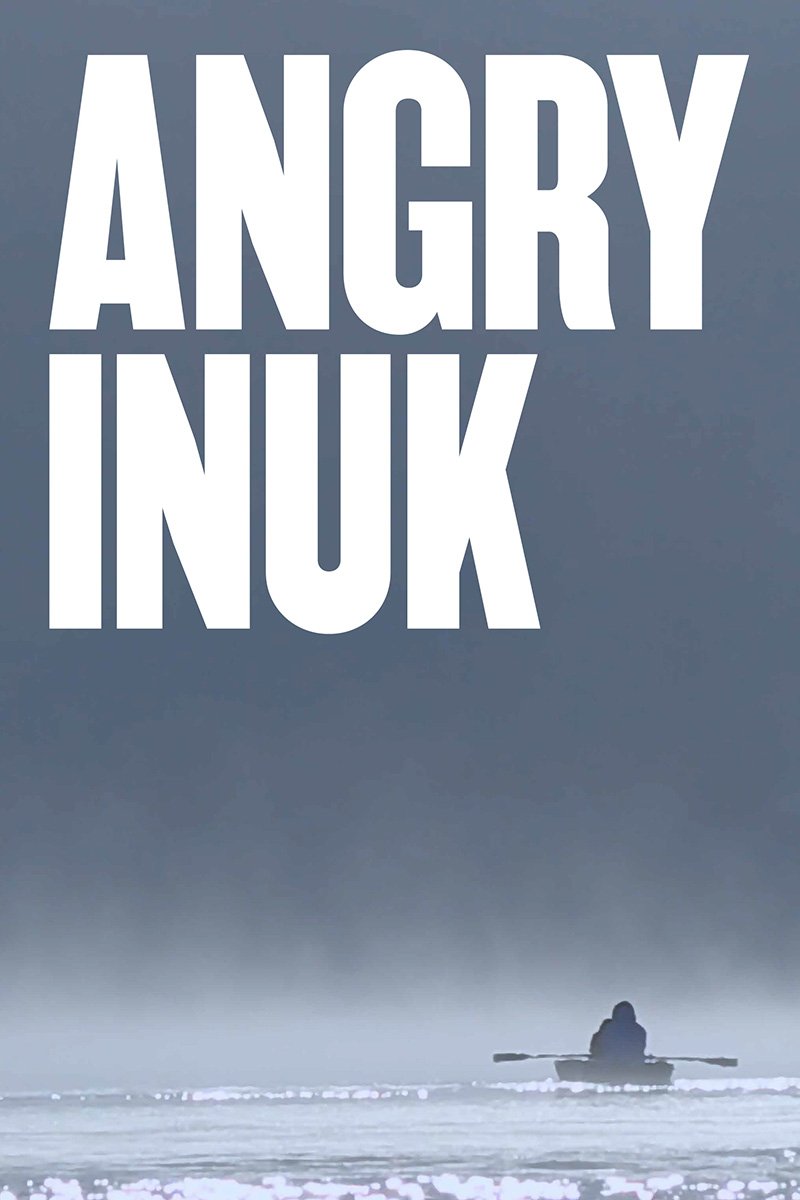INDIGENOUS ALLYSHIP REsources
Living Hyphen strives to work in solidarity with the struggles of Indigenous nations for sovereignty, land, and freedom.
Please see our complete solidarity statement and other resources here.
In the words of the Anti-Oppression Network, being an ally is “not an identity—it is a lifelong process of building relationships based on trust, consistency, and accountability with marginalized individuals and/or groups of people. Allyship is not self-defined—our work and our efforts must be recognized by the people we seek to ally ourselves with.”
We hope to make this page a living resource, an ongoing work-in-progress that we create together and in community.
If you have any resources or tips to add, please drop us a line at hello@livinghyphen.ca. We appreciate your labour in doing so and your commitment to this struggle for liberation.
understand what allyship, solidarity, AND ANTI-OPPRESSION means
First and foremost, what is power and oppression? What does it even mean to be an ally? Having this base knowledge is crucial in understanding how we can best support Indigenous peoples, as well as other marginalized and oppressed communities. These may be terms that you are not yet familiar yet, but we’re here to learn together!
Learn more from the Anti-Oppression Network - a coalition of individuals, grassroots groups, and community organizations dedicated to grounding our work towards liberation in the principles of decolonization, anti-oppression and intersectionality. This resource is a great jumping point to understanding basic terminology in social justice movements.
Read Paulo Freire’s Pedagogy of the Oppressed.
Read Alliances: Re/Envisioning Indigenous-non-Indigenous Relationships, edited by Lynne Davis.
Read this Indigenous ally toolkit from the Montreal Urban Aboriginal Community Strategy Network.
KNOW WHOSE LAND YOU’RE ON
Know whose land you’re on with whose.land – a web-based app that uses GIS technology to assist users in identifying Indigenous Nations, territories, and Indigenous communities across Canada. These maps are fluid and ever-changing and should be used as an education tool to create dialogue around reconciliation.
Once you’ve done that, understand the importance of land acknowledgments and how
Beyond the nations and treaties the we humans have created, we must truly understand, get to know, and give thanks to the land that we are on; we must understand, get to know, and give thanks to Mother Earth and all her inhabitants. We are but one part of a much larger ecosystem.
LEARN OUR SHARED HISTORY AND PRESENT
Take the time to learn about Canada’s colonial past that we were not taught in our textbooks and the injustices and triumphs that continue to unfold today.
Enroll yourself in Indigenous Canada, a free online course from the University of Alberta’s Faculty of Native Studies to learn about our Indigenous histories and contemporary issues on Turtle Island.
Read 21 Things You May Not Know About the Indian Act by Bob Joseph, the essential guide to understanding the legal document that has affected Indigenous Peoples in Canada for generations and that continue on today.
Read the Truth and Reconciliation Commission’s 94 Recommendations and Calls to Action.
Read the final report and calls for justice in the National Inquiry into Missing and Murdered Indigenous Women and Girls.
Explore the resources found in Groundwork for Change – a website created by Non-Indigenous people whose mission is to provide information for Non-Indigenous/settler peoples grow relationships with Indigenous peoples that are rooted in solidarity and justice.
Learn about and understand the enduring impact of the Indian Residential School System. Download the bakaan nak’ii ngii-izhi-gakinoo’amaagooomin / we were taught differently: the Indian Residential School Experience. This exhibit from The Lake of the Woods Museum examines the Indian residential school experience, most particularly in the two schools that were located in Kenora, Ontario – Cecilia Jeffrey and St. Mary’s.
Read, Watch, and Listen to Indigenous Voices
Diversify your reading list, Instagram feed, music playlists, TV picks, and event plans to include more Indigenous voices. Sometimes it isn’t so much about turning up the volume on marginalized voices, but simply switching the channel to the ones that actually put them centre stage.
Broaden your bookshelf titles with Raven Reads - a beautifully curated collection of Indigenous literature and giftware delivered to your doorstep each season.
Listen to Indigenous poets with Brickyard Spoken Word’s showcase on YouTube.
Muskrat Magazine is an online Indigenous literary magazine full of great articles and links to Indigenous arts and cultural events.
Working It Out Together is an online magazine exclusively featuring Indigenous voices including writers, artists, activists, filmmakers, scholars, and knowledge keepers.
Support the Native Earth Performing Arts, Canada's oldest Indigenous performing arts company that focuses on contemporary Indigenous theatre, dance and multidisciplinary work, including opera and musicals.
RECOMMENDED BOOKS
Take a look this reading lists.org/read-indigenous from the Indigenous Voices Awards for just some of the amazing Indigenous authors whose prose and poetry you can discover. Here are some of just a few of our favourites!
RECOMMENDED MOVIES/TV SHOWS
Discover the National Film Board of Canada’s rich online collection of Indigenous-made films! Here are just some of our favourite films.
RECOMMENDED LISTENS
Check out The Secret Life of Canada podcast on CBC, co-hosted by Mohawk artist Falen Johnson and Leah-Simone Bowen.
Listen to Indigenous music starting with this playlist from the Indigenous peoples of Canada, U.S.A., and Mexico.
Add Media Indigena to your podcast list – a weekly Indigenous current affairs podcast.
ATTEND INDIGENOUS-LED EVENTS
Indigenous Tourism Canada provides an interactive map with Indigenous events across Canada. Attend one in your local community or when you’re traveling across Canada!
Support Indigenous-LED COMMUNITY ORGANIZATIONS & Businesses
If cultural reconciliation with the Indigenous peoples of Canada is only just beginning, economic reconciliation is even farther behind. You can support local Indigenous-led community organizations and businesses as a small act of solidarity and resistance.
Research Indigenous-led community organizations in your city, province, or territory and donate!
Indigenous Tourism Canada’s website also features many Indigenous-owned businesses and experiences across the country that you can support.
Eat at Indigenous-owned restaurants in Toronto, Vancouver, and across the country.
Bearstandingtall & Associates provide online and experiential sensitivity training and Indigenous awareness for corporations. Encourage senior management to hire them for your team.
Learn from Future Ancestors – a Black and Indigenous-owned, youth-led professional services social enterprise that advances climate justice and equity with a lens of ancestral accountability. Encourage senior management to hire them for your business.
DONATE TO THESE ORGANIZATIONS
HAVE MORE TO CONTRIBUTE?
We hope to make this page a living resource, an ongoing work-in-progress that we create together and in community. If you have any resources or tips to add, please drop us a line at hello@livinghyphen.ca. We appreciate your labour in doing so and your commitment to this struggle for liberation of all peoples.


















